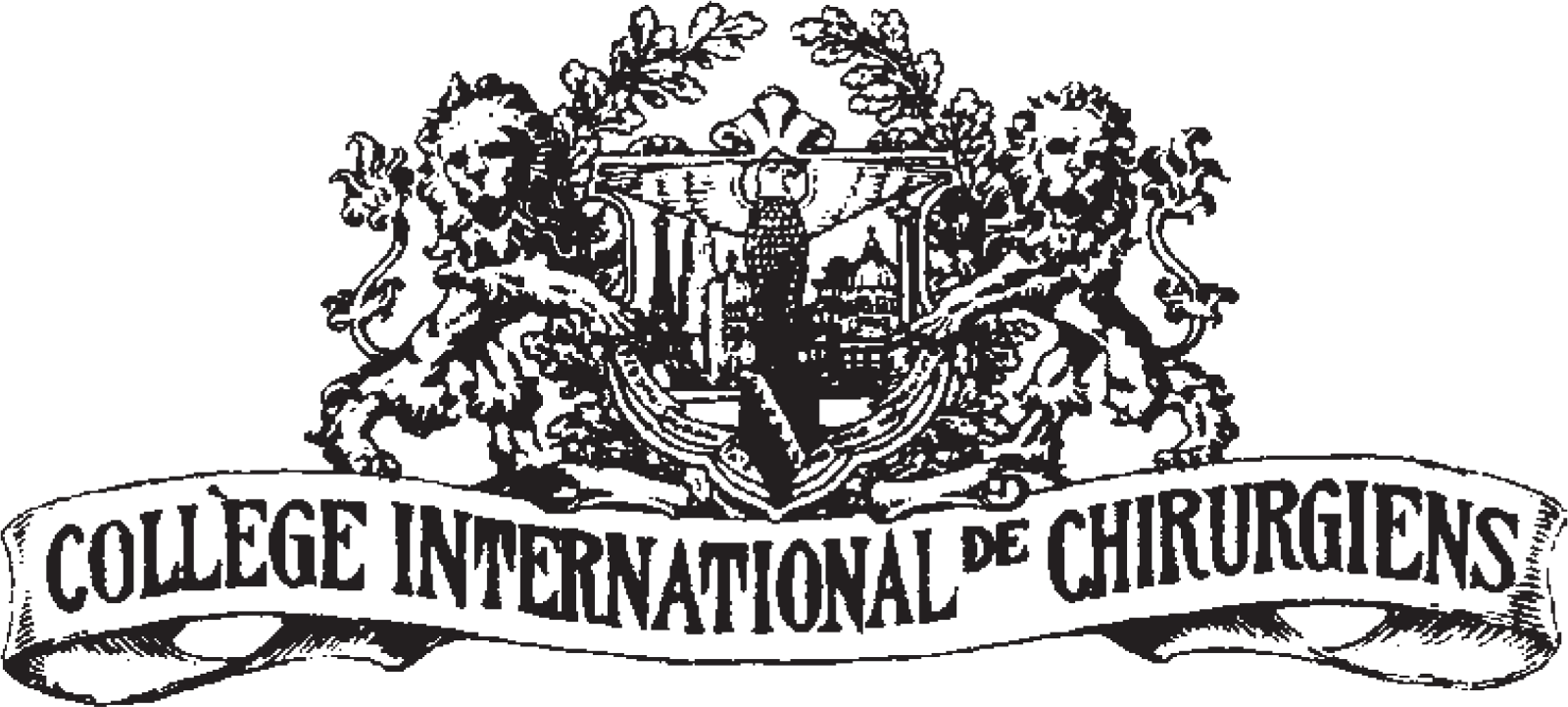Objective
This study intends to explore the diagnostic efficiency and value of polymerase chain reaction (PCR) in the early diagnosis of periprosthetic joint infection (PJI) based on the testing of the 4 specific genes of PJI pathogens: ica D, agr, mec A, and mre B.
Methods
Forty-one samples of ultrasonic cleavage RNA eluate were extracted from the human joint model of PJI caused by the 5 most common PJI pathogens to detect the PCR of ica D, agr, mec A, and mre B genes. Based on the detection results, the sensitivity, specificity, positive and negative predictive value, and accuracy of the 4 genes were analyzed and compared.
Results
The mec A test had a high sensitivity (55.56%). However, more false-positive results affected the test specificity (56.25%). The specificity of mre B test was higher (76.92%) but had lower sensitivity (26.67%); the sensitivities of the ica D and agr tests were 4.17% and 0%, respectively; the clinical value was limited.
Conclusion
The testing of mec A and mre B genes has high value in the early diagnosis of PJI. The testing of ica D and agr genes plays an important role in preliminary screening and reference for Staphylococcus-related PJI. Reasonable design and sequential application of ica D, agr, mec A, and mre B would give full play to the testing value and be more beneficial to the early diagnosis of PJI.

